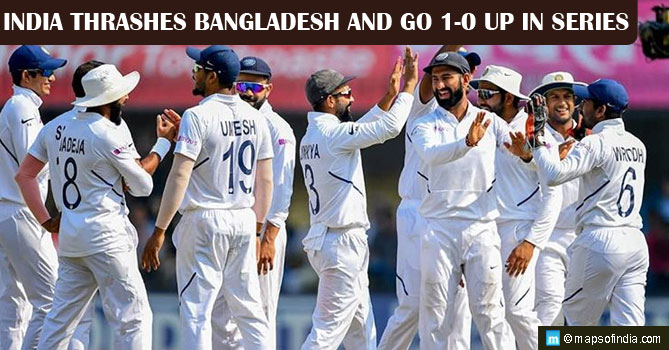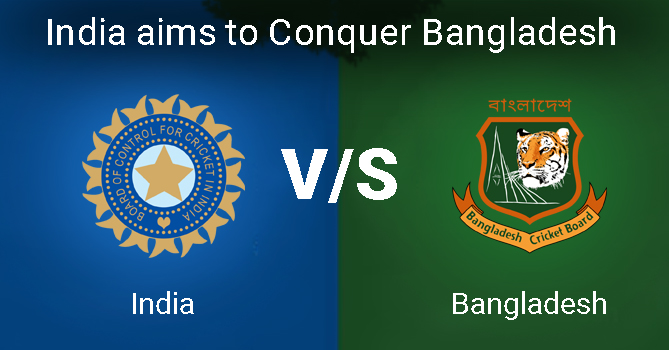The Board of Control for Cricket in India, or the BCCI, as it is popularly known, has some strange thought process. One of them is not allowing its players to play in the Twenty20 leagues of other countries. I remember that in the inaugural Sri Lanka Premier League, which was supposed to be staged in 2011, a number of Indian players were expected to play the tournament – Manish Pandey, Manoj Tiwary, Paul Valthaty, Ravindra Jadeja, Saurabh Tiwary, Umesh Yadav, Vinay Kumar, Yuvraj Singh, Yusuf Pathan, Munaf Patel, and Ravichandran Ashwin.
The permission was denied on the ground that the company that was sponsoring the event was purportedly associated with Lalit Modi, the man who helped create the IPL and then became an enemy of the controlling body thanks to allegations of financial misdemeanor. Ultimately, this led to the tournament being canceled for that year as not much money could be generated owing to the non-participation of the Indian players who were among the draws of the tournament.
It can be understood that the BCCI was probably wary that its players will not be paid properly because of the possibility mentioned above. However, the tournament was staged in 2012 and there have been no reports, till date, of players who are yet to receive their payments. It has also not let its players take part in the Bangladesh Premier League where there have been plenty of instances of financial mismanagement and players not being paid their full fees. In hindsight that remains a good decision though.
The question that comes up now is why aren’t the players being allowed in the KFC Big Bash, South Africa’s Pro 20 or the Friends Life T20 series in England? After all, these tournaments are credible with a capital C and even playing here for a couple of weeks will allow them to get accustomed to the conditions and perform better when they come back with the national team. More than that, if a fringe player gets a chance and performs well in any of these tournaments then it shall give them much needed confidence as well as global exposure. So the question is why not?
The answer lies, in a strange way, in India’s increasing dominance in the global game, at least in the administrative domain. I feel the game is very much controlled by the big corporate houses in the country and they may be wary that their best assets, the IPL players, should not feature in the competitor tournaments and increase their prestige with their performances. That might end up giving them more mileage. Plus, there is always the possibility that the players might get injured while playing in those tournaments.
The same sort of mentality of winning at all costs also comes to the fore in the way overseas players are asked to not represent their home teams in the Champions League T20 and instead play for their IPL franchises in lieu of extra money. Surprisingly, the BCCI does not mind its players participating in first class competitions and domestic one day tournaments around the world. It is also okay with its players taking part in city-based T20 leagues like the Dhaka Premier League where many Indians play each year.
It is really time that I hope, as an Indian and a cricket fan, that the BCCI understood that it is perhaps creating a wrong legacy for itself and it is buying respect and not earning it through innovation and goodwill as Indians in different fields are known to do. It needs to understand that nothing stays forever and when its fountain of wealth dries up, it will be subjected to the same treatment it is now meting out to others. The world thrives in cooperation and even the mighty BCCI is not an exception to this.




